Inside PTI: Former aide spills secrets on Pakistan ex-PM Imran Khan’s party and politics
Ex-Sindh governor Imran Ismail delves into pivotal moments in PTI's history, including souring of relations between the former premier and the military
News Desk
The News Desk provides timely and factual coverage of national and international events, with an emphasis on accuracy and clarity.
In a tell-all interview with Kamran Khan, a former key leader of Pakistan's ex-Prime Minister Imran Khan's party, Imran Ismail, shared behind-the-scene details of Pakistan Tehreek-e-Insaf’s (PTI) journey from its formation to major political events.
During the discussion, Ismail revealed that during Imran Khan’s tenure as prime minister, much of the real authority rested with then-spy chief General Faiz Hameed and the former premier's principal secretary Azam Khan.
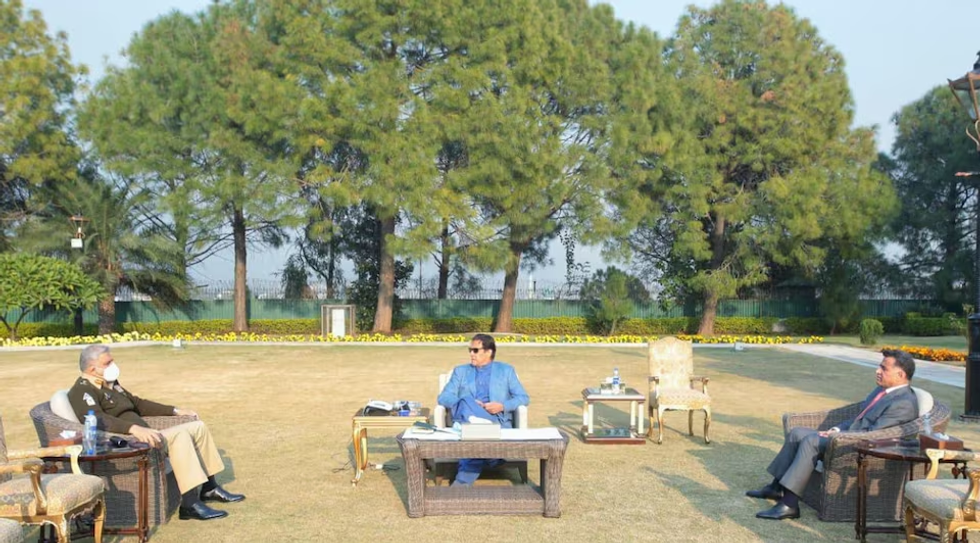
The ISI chief flashpoint
Ismail described tensions between former Pakistani Prime Minister Imran Khan and ex-army chief Gen. Qamar Javed Bajwa over military appointments, particularly the replacement of Faiz as DG ISI with Gen. Nadeem Anjum.
Ismail said Bajwa personally came to the PTI chief asking him to appoint Gen. Anjum as the country's spy chief (ISI chief). Ismail claims that soon after the meeting, the Inter-Services Public Relations (ISPR) - the army's communication office - tweeted about the appointment. This irked Imran.
He said the former premier took a “principled stand” saying that the official notification for the appointment should come from the Prime Minister's Office and not the ISPR.
A few days later, Ismail said he received a phone call from Gen. Faiz asking Ismail to speak with Imran on the issue. Ismail said he landed in Islamabad the very next day and met Gen. Faiz at Aabpara, the ISI headquarters.
At this meeting, Faiz asked him to tell Imran that matters had deteriorated and the army chief was extremely displeased. He pushed for the appointment of Gen. Nadeem.
He said by now Gen. Bajwa had realized that Imran wanted to appoint Gen. Faiz as army chief.
Ismail recounted a heated exchange where Gen. Bajwa told Imran that Gen. Faiz was unqualified to be army chief as he lacked command experience. In response, Imran questioned where such a restriction was documented. Bajwa clarified it was not written but followed as protocol. Imran countered that if it was not codified, it could not be enforced as law.
Imran insisted that Gen. Faiz had good relations with the Afghan Taliban and only he was capable enough to deal with them. Gen. Bajwa rubbished the notion saying the Afghan Taliban had good relations with the Pakistan Army, and the army command will take matters forward with ISI. Imran said this was the “path to destruction.”
By the end of the meeting, things had taken a turn for the worse, prompting Gen Bajwa to announce his intent to submit his resignation. Imran tried to dissuade him, suggesting that the issues could be resolved through dialogue.
He mentioned that Imran eventually agreed to appoint Gen. Nadeem as the spy chief and issued an official notification. However, by then, the relationship between the military and the prime minister had deteriorated significantly.
PTI’s rise and 'the establishment'
Ismail acknowledged the Pakistan military's - locally referred to as 'the establishment' - role in PTI’s success, especially during the 2018 general elections.
“Imran Khan had the establishment’s support for government formation. Independent candidates were messaged to join the party.”
Ismail also noted that the PTI initially had no understanding or alignment with its eventual coalition partners, including the Muttahida Qaumi Movement-Pakistan (MQM-P), Grand Democratic Alliance (GDA), and Balochistan Awami Party (BAP), which the party had previously criticized.
Despite this, alliances were forged, "thanks to the establishment's backing".
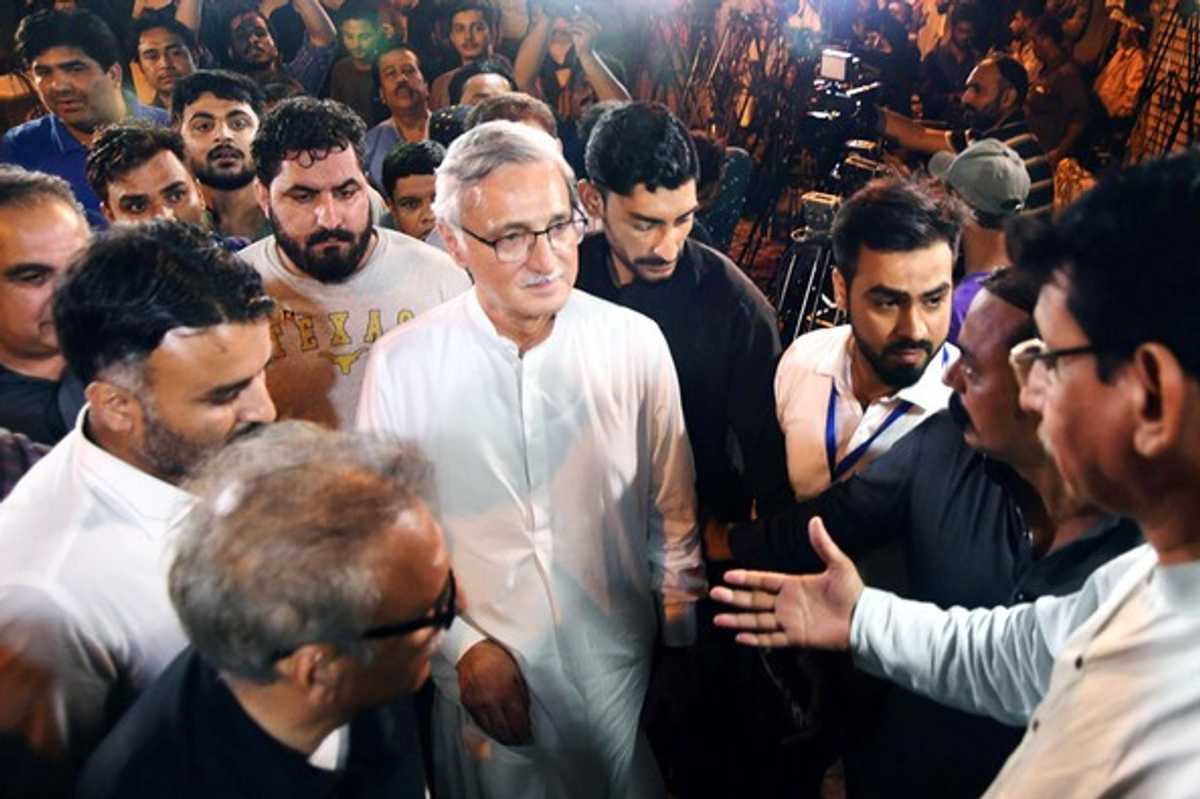
“We were ideologically opposed to many of our eventual allies. We criticized the MQM extensively, opposed feudalism within the GDA, and dismissed the BAP party. Yet, we allied with all of them.”
He credited the establishment for not just helping the party form the government, but also sustaining it. “MNAs would even get calls from the establishment to ensure attendance in assembly sessions,” Ismail revealed.
Imran Khan, he said, proudly claimed to be on the "same page" as the establishment, though in hindsight, Ismail admitted this reliance was one of the critical mistakes the PTI made.
2014 dharna and Javed Hashmi's exit
Discussing the 126-day sit-in in 2014 at D-Chowk in Islamabad, Ismail admitted, “None of us expected the protest to last that long.” According to him, the protest gradually turned into a “festival”, with crowds swelling every evening to hear Imran Khan’s fiery speeches.
However, behind the scenes, the PTI faced mounting challenges, including internal divisions and political tensions.
One of the sit-in’s defining moments was Javed Hashmi’s exit from the PTI. “There was a divide in the party,” Ismail said. Hashmi openly opposed Imran Khan’s plan to breach the Red Zone in Islamabad, fearing military intervention. Despite Hashmi’s warnings, Khan was adamant. The disagreement culminated in Hashmi’s departure, with him telling Khan, “If you’ve made up your mind, I’m leaving.”
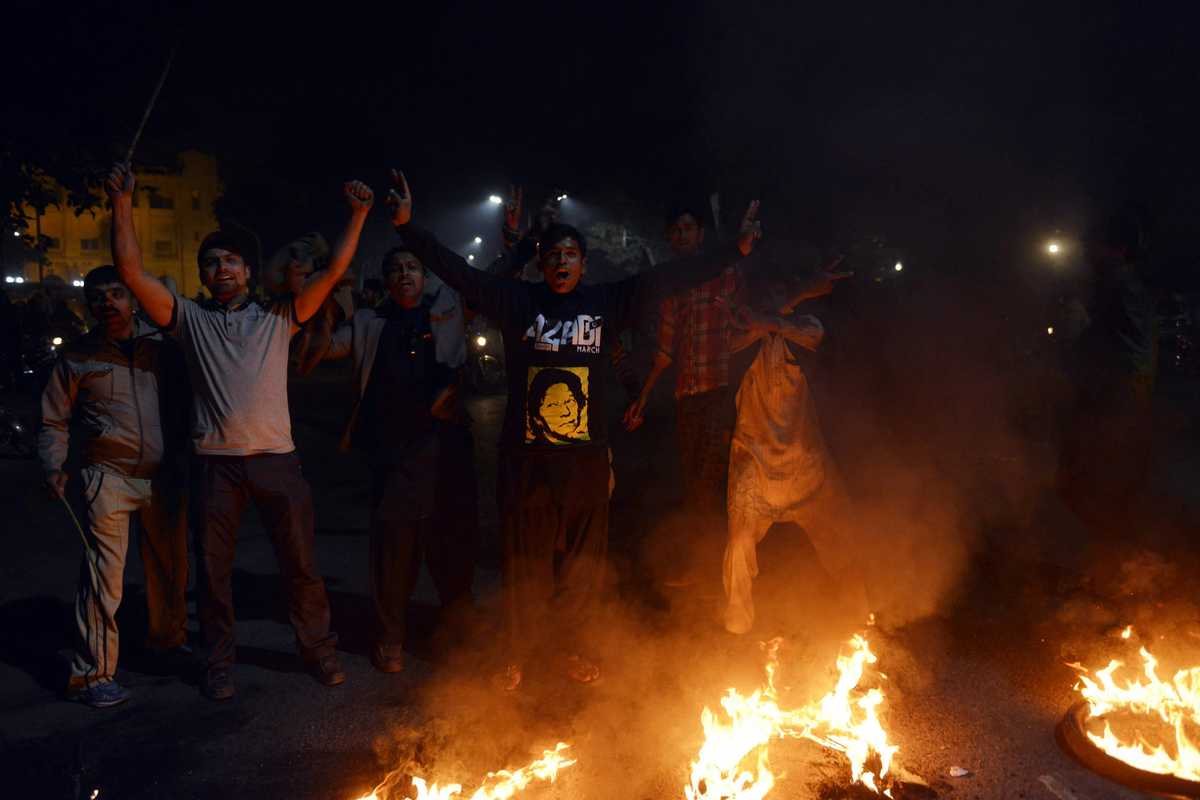
Ismail also revealed that the decision to march towards the Red Zone may have been influenced by former PTI leader Jahangir Tareen.
He emphasized that Khan believed the sit-in was about building a 'New Pakistan', dismissing concerns over disrupting Chinese President Xi Jinping’s visit.
Reham Khan’s 'influence' and fallout
Spilling the beans on the former premier's infamous second marriage to journalist Reham Khan during the 2014 sit-in, Ismail said the decision caught party members by surprise.
“One day, he gathered close friends on the container and announced that he was getting married,” Ismail recounted. The decision sparked tensions within the PTI, with now disgruntled party leader Jahangir Tareen opposing the union.
However, Imran couldn't keep Tareen's resistance a secret and Reham found out about it, leading to a long-standing rift between the two.
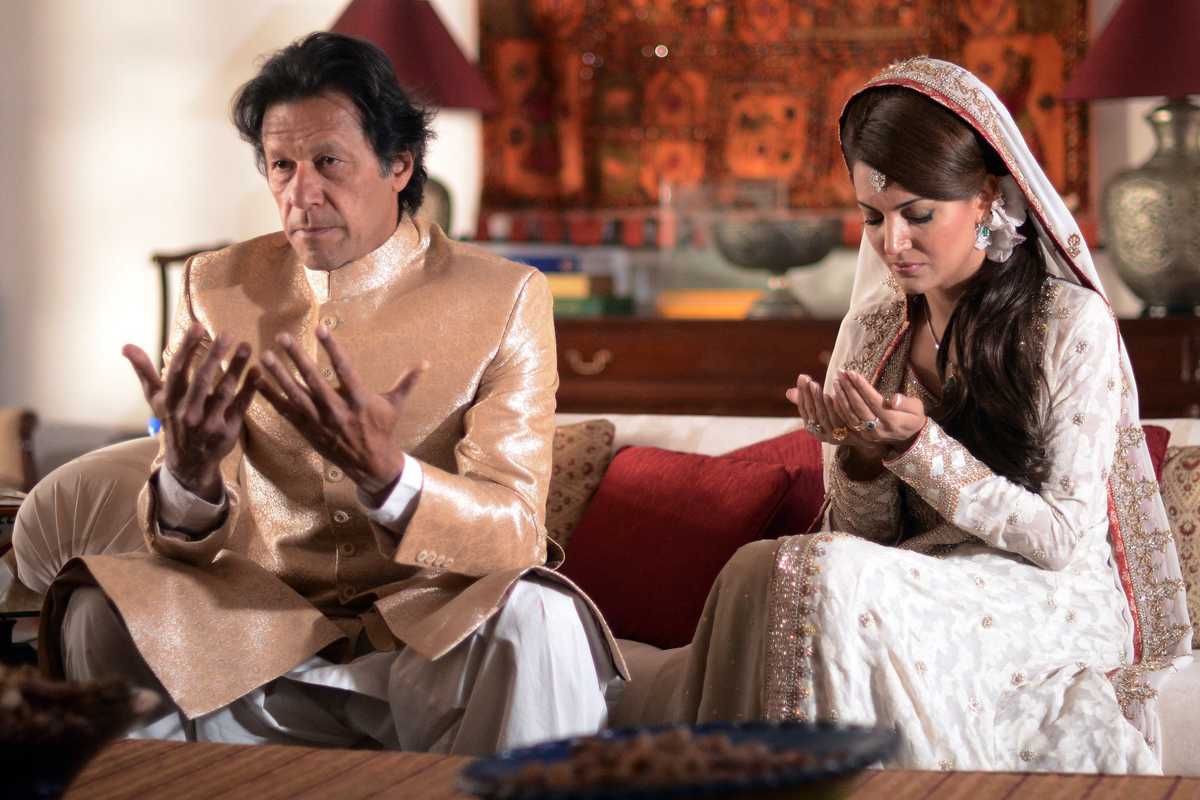
Ismail described Reham as a dominating presence in Khan’s life, significantly altering his personality.
“He became a different person; going home was a source of stress for him,” Ismail said. Her alleged interference in PTI’s Khyber Pakhtunkhwa government and Shaukat Khanum fundraising activities further strained their relationship. Jahangir Tareen eventually played a key role in managing their divorce.
Following his divorce from Reham, Khan seemed more relaxed, Ismail claimed. “The stress was gone, and he was back to focusing on his vision.” The party regained its footing, he added.
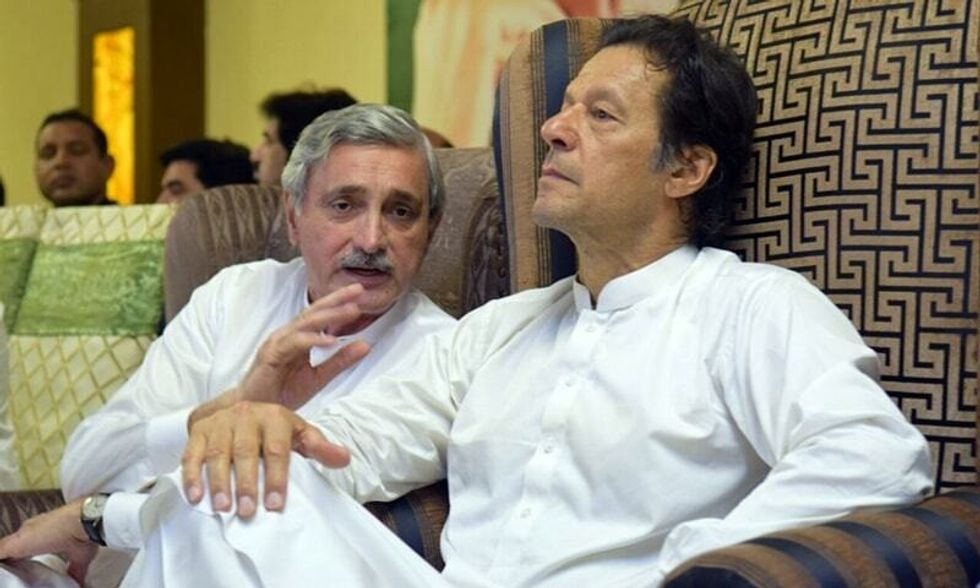
PTI’s formation and early struggles
Reflecting on PTI’s inception in 1996, Ismail highlighted Khan’s reluctance to contest the 1997 elections. “Khan believed we weren’t ready and feared a major setback,” he said.
Despite initial optimism, the PTI suffered a crushing defeat, with even Khan losing his seat. Ismail revealed how PTI’s early members, including Dr Arif Alvi and Najeeb Haroon, worked tirelessly to establish the party.
He denied rumors of the establishment backing the party during its early years, asserting that the party’s struggle was entirely grassroots.
“There was no support from the establishment; everything was built from scratch,” he said.
Khan’s political evolution
Ismail highlighted Khan’s journey from skepticism about politics to forming the PTI. “In the 1990s, he considered joining the PML-N but decided to build his own party, believing Pakistan needed systemic change,” he said.
By 2013, he was said to have established a relationship with the establishment. The relationship was “comfortable, but not formative,” according to Ismail. However, he noted that the PTI’s narrative of electoral rigging emerged a year after the polls.
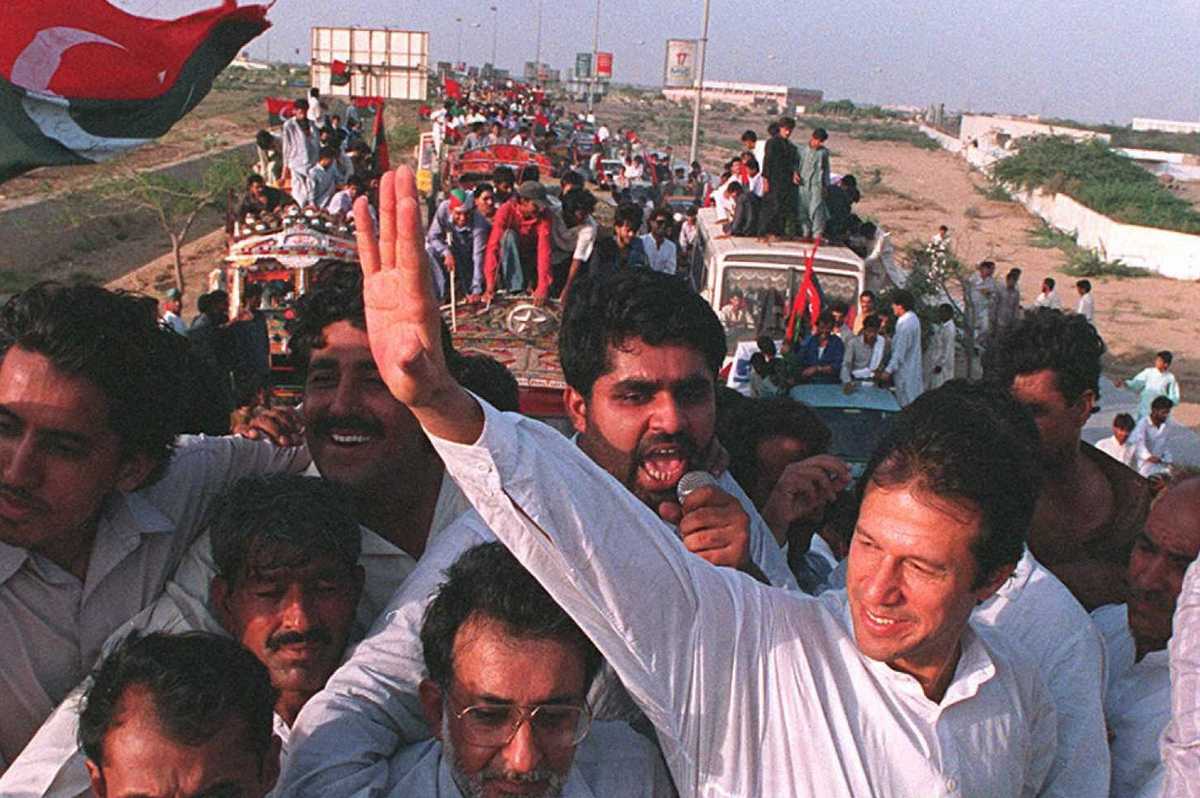
The former Sindh governor also recounted the infamous Lahore rally incident where Khan fell from a forklift.
“It was miraculous that he survived. Despite being injured, he insisted on continuing the Islamabad rally, recording his speech from the hospital,” he said.
Nawaz Sharif’s attempts at reconciliation
Ismail revealed former prime minister Nawaz Sharif tried multiple times to bridge gaps with Khan, but the attempts were always rebuffed.
“Nawaz even hosted Khan at Jati Umra, but Khan remained firm, refusing any alliance with those he considered corrupt,” he said.
He said that Nawaz Sharif visited Imran Khan at the hospital, but Khan never reciprocated such gestures. “Nawaz made multiple efforts to reconcile with Imran Khan, going above and beyond to patch things up. However, Khan always maintained that Nawaz and his associates were corrupt and refused to engage with them,” he added.
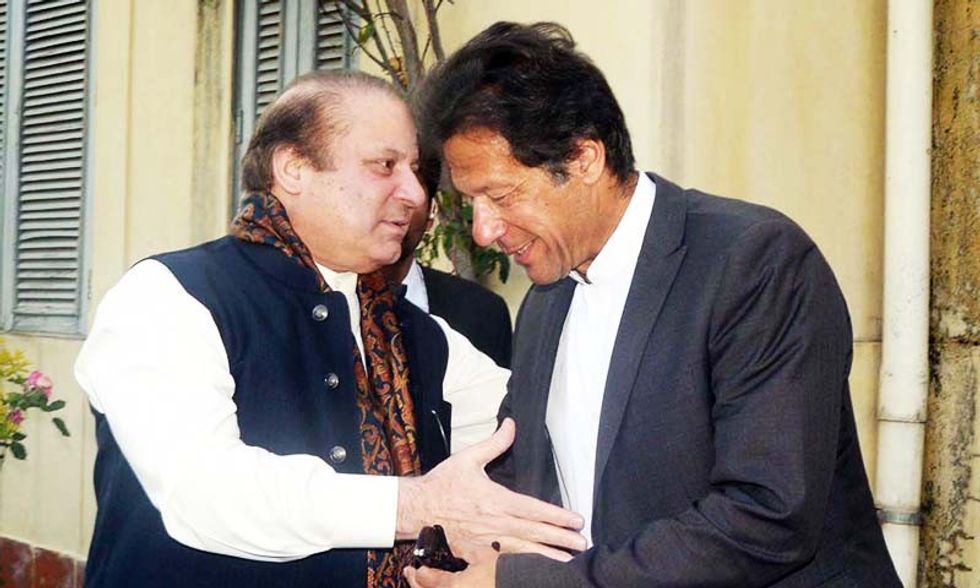
“The discussion at Jati Umra lasted about 10 to 15 minutes and did not revolve around politics or alliances. Instead, it focused on launching a campaign against General Musharraf, a cause everyone agreed on at the time.”
After the brief discussion, Ismail said they proceeded to dinner, which was served on a grand table with an extravagant spread, typical of Nawaz Sharif's style.
“Nawaz had specifically ordered quails for Khan, but they were missing from the table. Disturbed by this, Nawaz stopped the conversation, called the chef, and inquired about the quails, causing a commotion.”
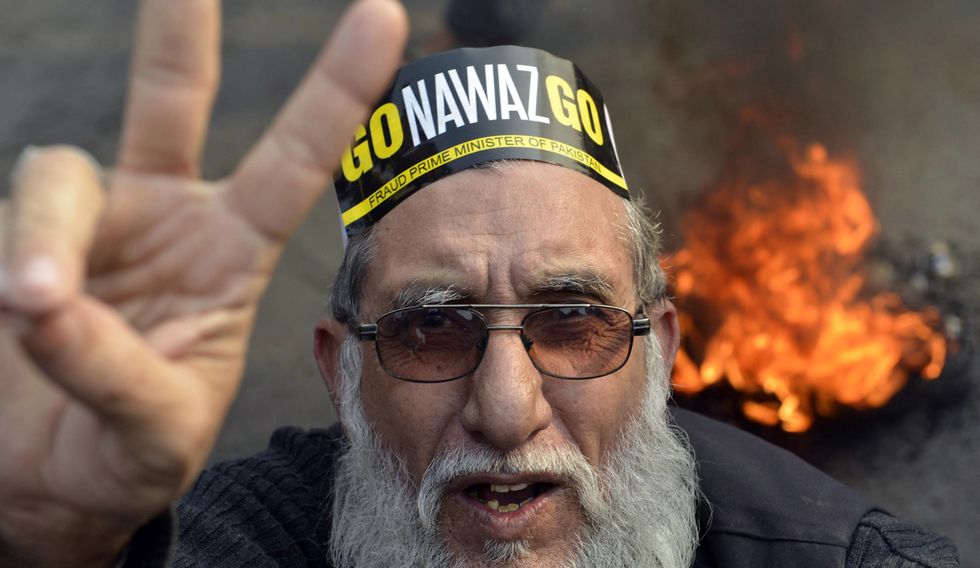
Throughout the meal, Ismail said, Nawaz appeared disinterested, neither fully engaged in eating nor the conversation.
“It seemed someone had informed Nawaz that Imran Khan particularly liked desi quails, which likely explained his upset reaction to their absence.”
Internal divisions
Ismail detailed PTI’s internal dynamics, citing frequent clashes among senior leaders like Javed Hashmi, Shah Mahmood Qureshi, and Jahangir Tareen. “These were towering figures, but they rarely agreed on anything,” he said. The infighting often spilled into meetings, complicating decision-making processes.
On election campaigns and lost opportunities, Ismail recalled that the PTI’s momentum for the 2013 election campaign was unmatched. However, he admitted that the results were shocking.
“I entered Khan’s room expecting celebration, but he was lying on the couch reading a book,” Ismail said, adding that Khan seemed to anticipate the defeat.


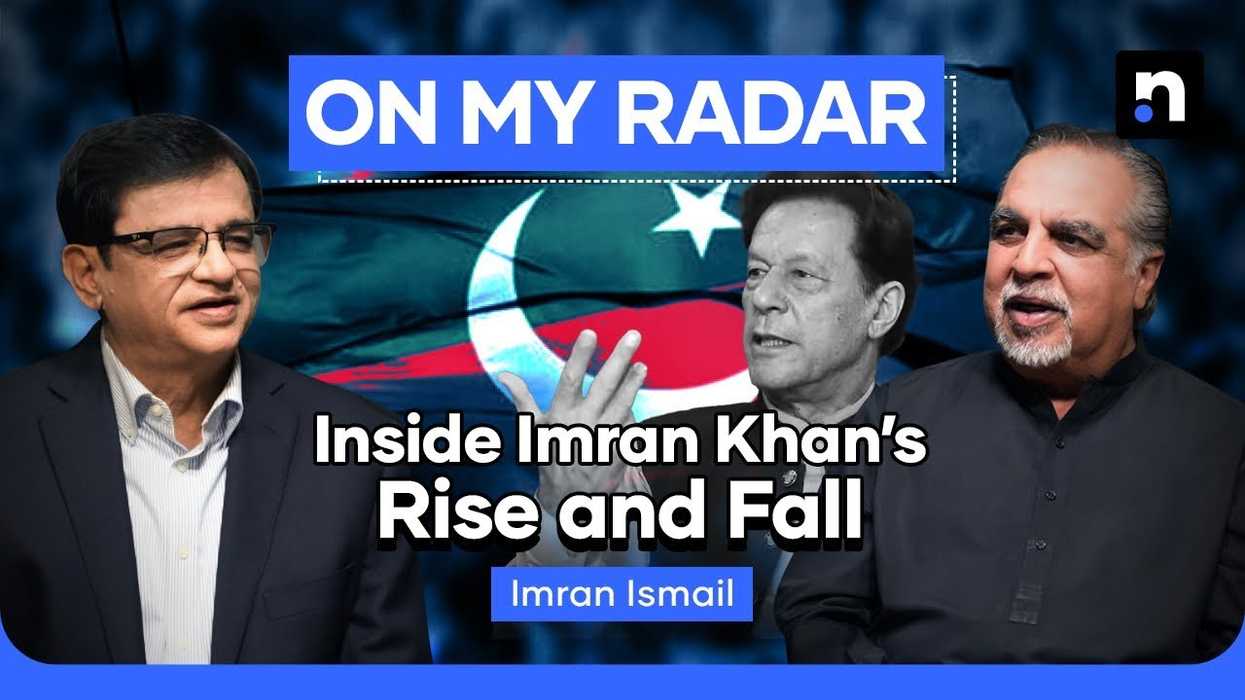





Comments
See what people are discussing